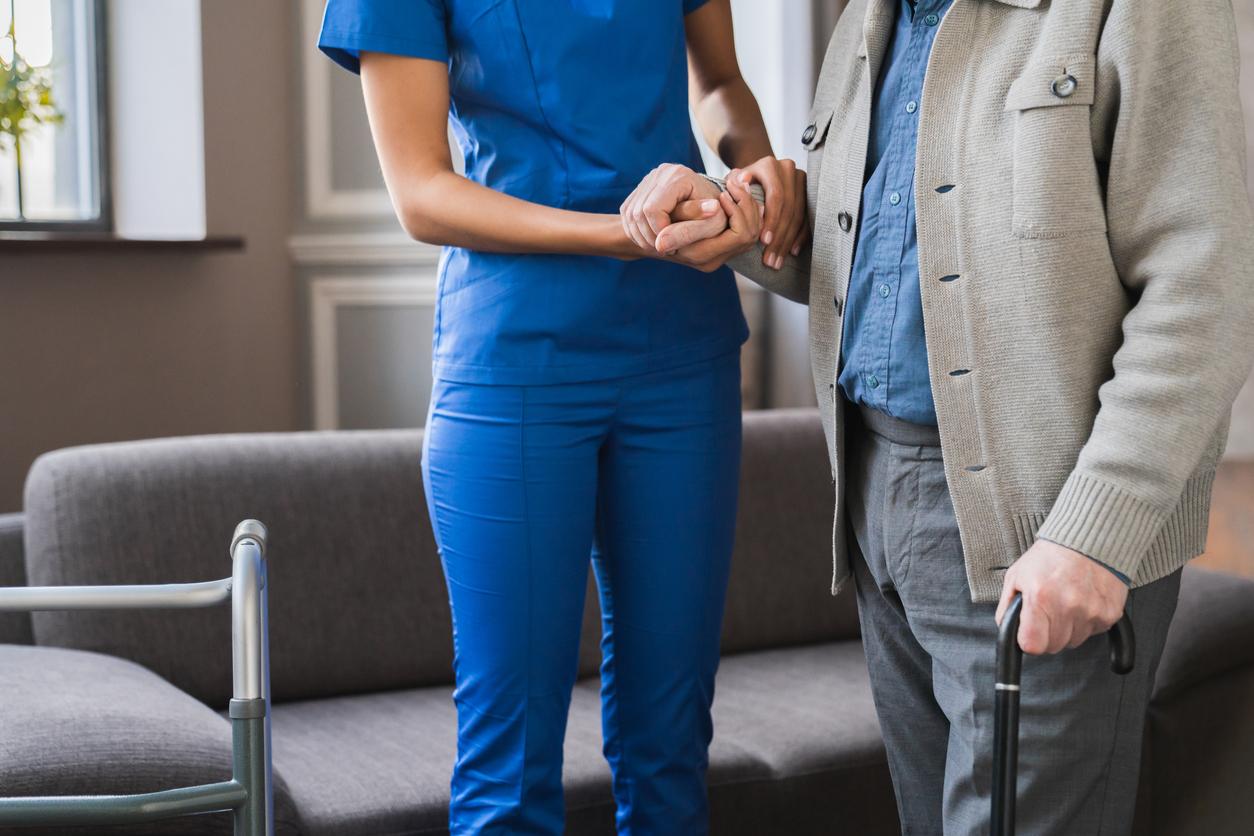
In his press briefing dated August 21, the director general of the WHO highlights the long-term effects of the Covid-19 disease, observed by several patients who are part of a group: “long covid sos”. People who suffer from a long form of the pathology are calling for more research into the late consequences of Covid-19. What do professionals know today about the symptoms and sequelae of a long form of Covid-19?
Persistent symptoms, transient or lasting sequelae
Covid-19 disease is mild in most cases. The pathology is recent and health professionals have less than 8 months of follow-up. They cannot tell if the symptoms are returning or if the sufferers have not fully recovered. Some patients develop a serious form, which can cause still little-known sequelae. In both situations, patients sometimes suffer from a long form of Covid-19. When the disease is mild, patients experience loss of taste (ageusia) and smell (anosmia) a few weeks after recovery. They also suffer from “persistent and disabling” fatigue. Some evoke an increase in the heart rate at the slightest effort, muscle pain or post-traumatic stress. The consequences at the emotional level are also to be taken into consideration. The mental health of some patients is not so good anymore, with phases of nervousness, sadness or depression.
How are the health authorities reacting?
As these observations are increasing, even if they concern a minority of people, the director of WHO replies: “we have understood your message and we are committed to working with countries so that you can benefit from the services you provide. need and advance research in your favor ”. It would be beneficial to collect data on patients still hospitalized or those who still need long-term follow-up. However, healthcare services in hospitals are already under great pressure to care for the sick and this “disrupts the provision of services necessary to meet other health needs”. As many analyzes have been carried out on the long-term effects of SARS and MERS (two other coronavirus respiratory infections), it seems that this could be of use to scientists and prevent long-term sequelae of Covid-19.















